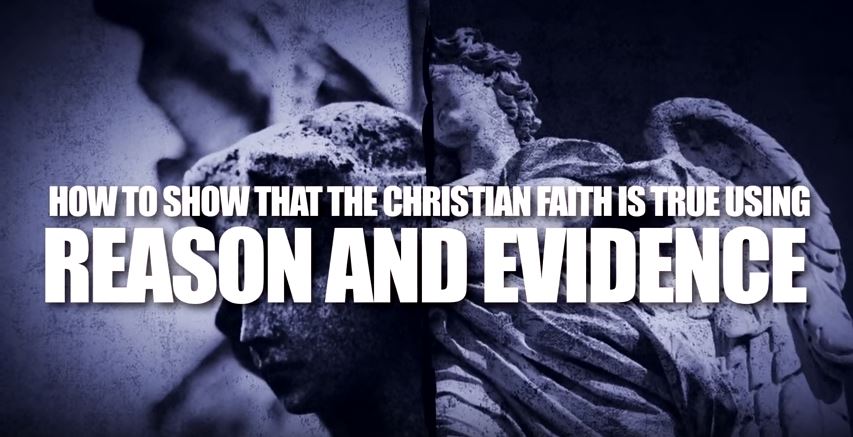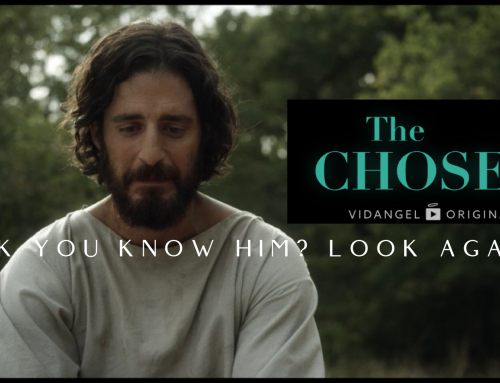The Christ 101 video series starts on Tuesday, October 13th, 2015 at 7:00pm.
The following is a statement from Scott Sullivan – creator of Christ 101:
“Christ 101” has been a dream of mine for quite some time. The reason why is because although I was raised as an evangelical Christian, I later fell away from the faith in high school. This falling away wasn’t merely due to moral temptations, but mostly because I had never been given any reason to think Christianity was true. I wasn’t an atheist, but I didn’t see any reason to think God had revealed himself in a particular way through Christ. So, I fell away from the faith primarily because I thought Jesus was a Santa Claus for grownups.
It wasn’t until later, as an adult, that I discovered that there were actually good reasons for thinking Christianity is true and strong evidential grounds for making that act of Christian faith. After reading many books on this subject, I became both angered and motivated. I became angered because nobody had ever taught me this stuff before. I became motivated to do what I could to help others not to be shortchanged on their Christian formation. It was at that point that I decided to do a full blown course on Christian apologetics.
I then pursued a PhD in philosophy at the University of St. Thomas and while completing my dissertation there I concurrently worked on the “Christ 101” course. It took me about three years to produce everything, and I wanted to make it both intellectually engaging and as entertaining as possible. I included a lot of content from other experts such as Peter Kreeft and Scott Hahn, and well-known New Testament scholars like Craig Evans (about whom Scott Hahn described as “one of the top New Testament scholars in North America”), Gary Habermas (a top authority on the resurrection of Jesus), and Michael Licona.
In a nutshell, “Christ 101” is a full course in Christian apologetics and covers everything from the question of why religion is important, the nature of truth and faith, why the Gospels should be considered as historically reliable, and a defense of some of the traditional arguments for the divinity of Jesus.






